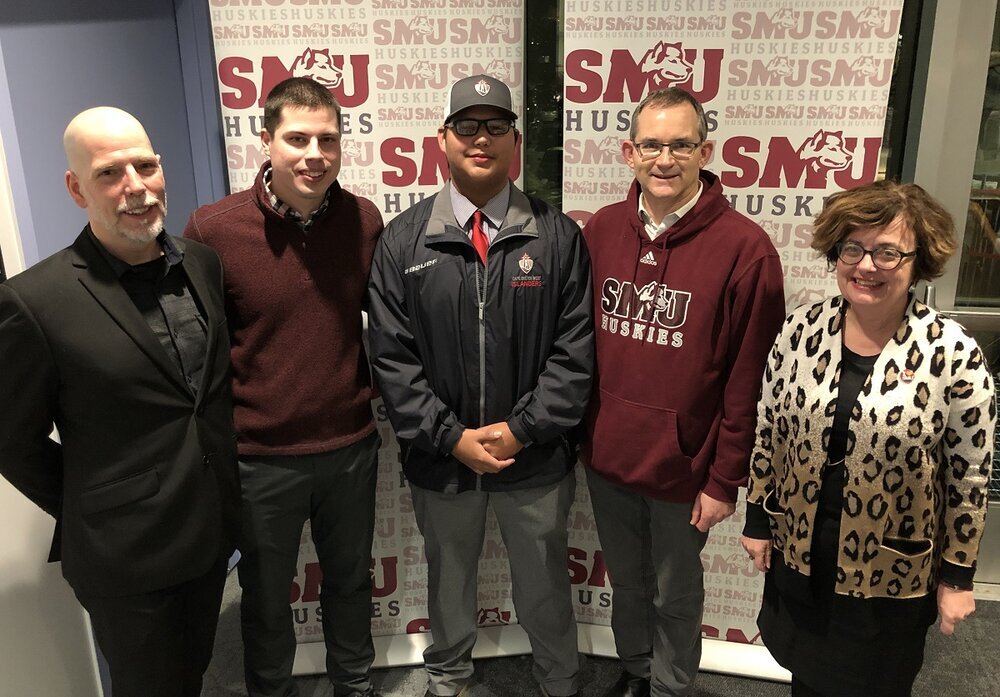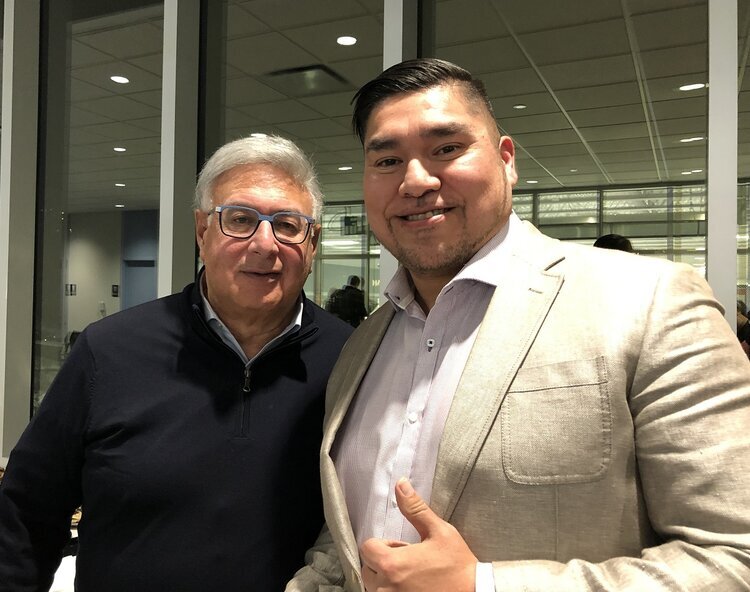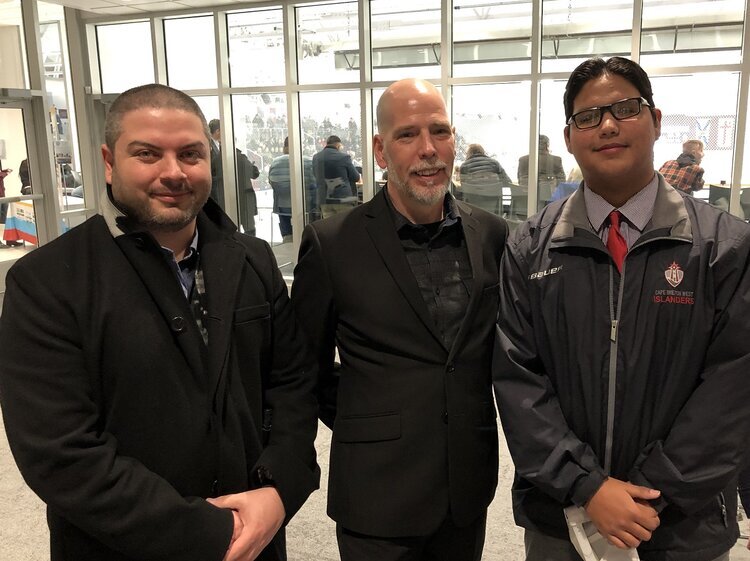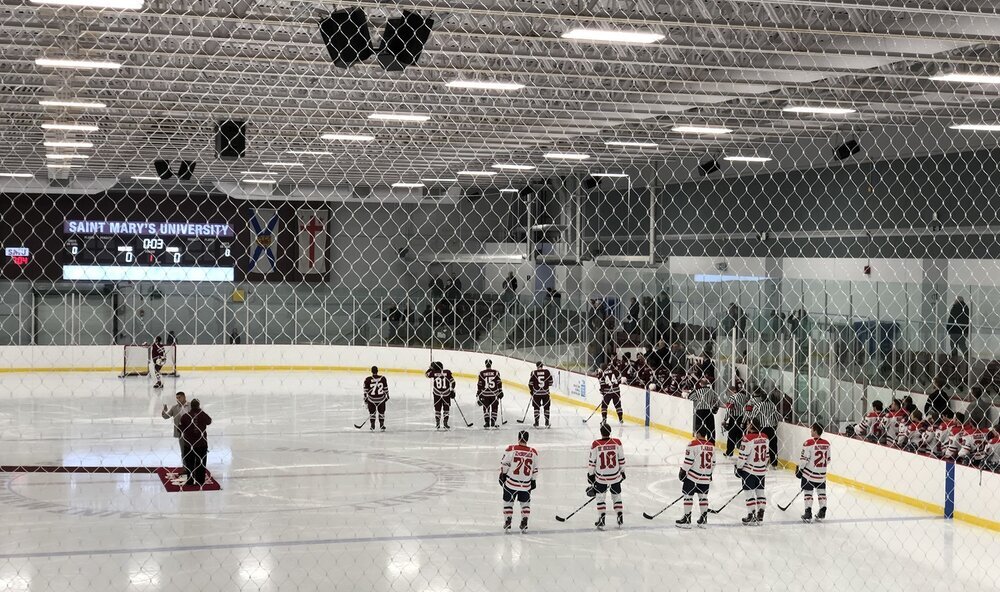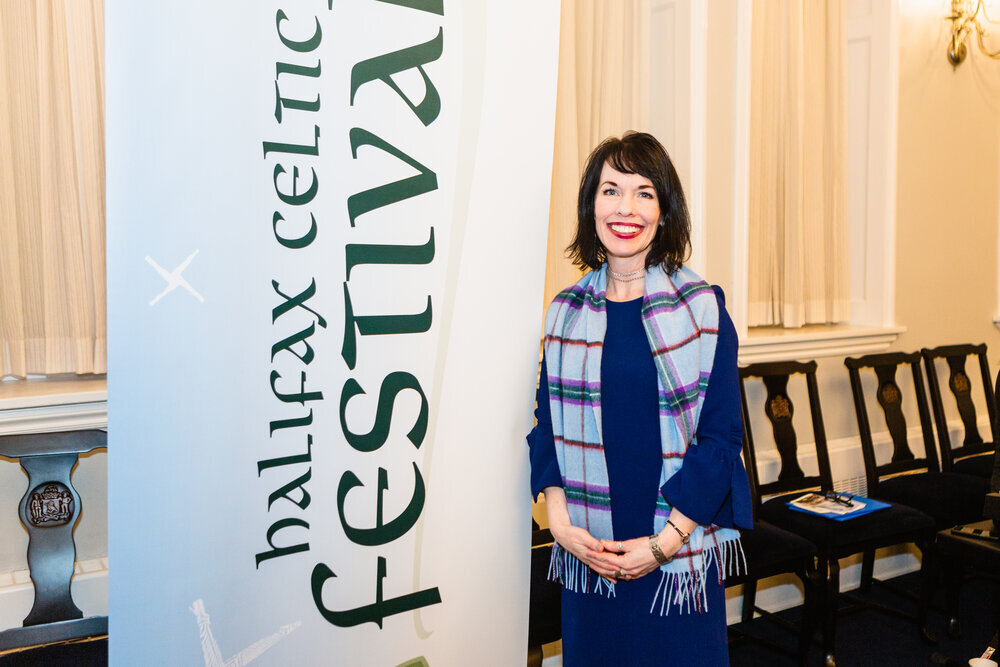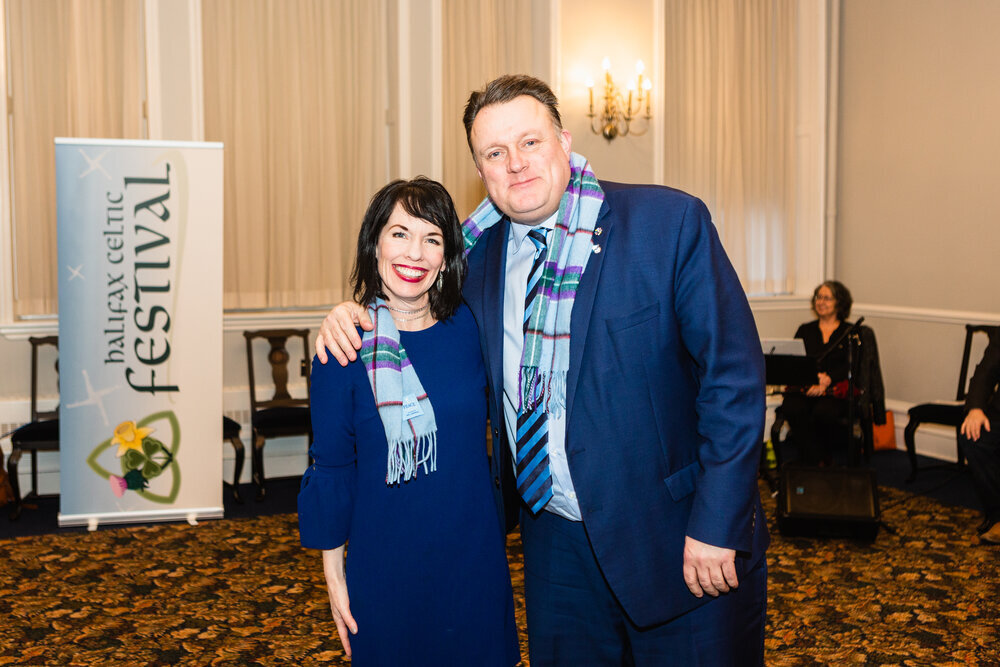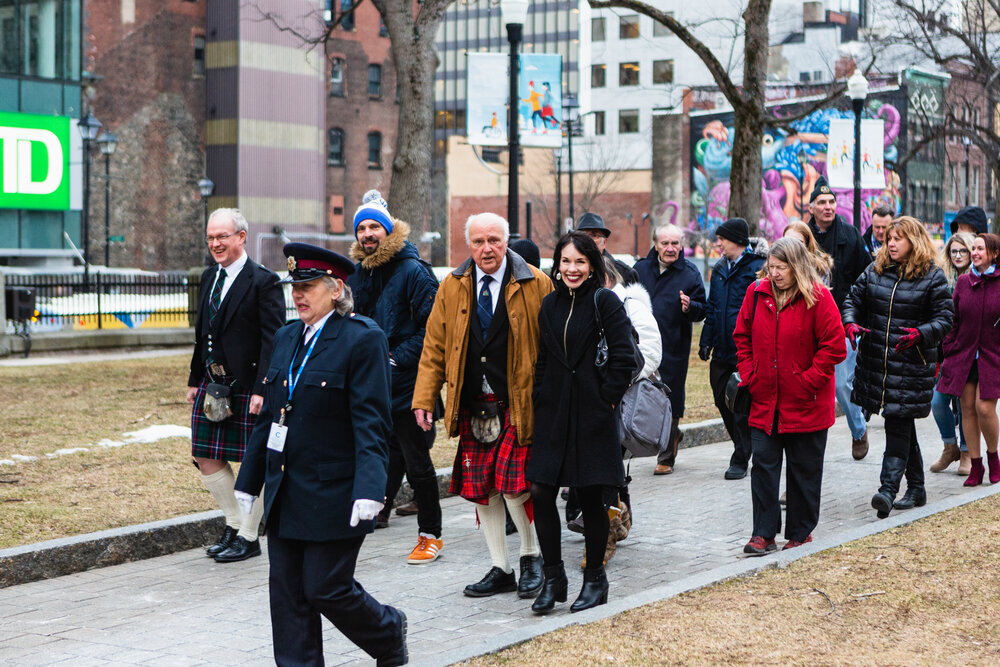Charisma Grace Walker, African Nova Scotian/Black Student and Community Liaison at Saint Mary’s University (Photo credit: Mary Ellen Beazley).
Saint Mary’s University is pleased to announce the hiring of Charisma Grace Walker who will serve as the university’s first African Nova Scotian/Black Student and Community Liaison.
“Building on Saint Mary’s commitment to inclusion, diversity, and intercultural learning, this role will support and empower students of African descent while engaging with the local African Nova Scotian and Black communities,” said President Robert Summerby-Murray.
Overall, Walker will play a meaningful role drawing from her past experiences and expertise.
“It is amazing that Saint Mary’s has chosen to be part of the change that is happening across Canada and the world at large. I am happy to be part of this,” said Walker. “Being able to support students in their unique needs and to be their advocate will make a difference in the lives of Black students on campus. The creation of this position is timely given this is the United Nations International Decade for People of African descent. I am excited to meet and connect with our African Nova Scotian community and form collaborative networks with faculty and staff.”
Key priorities in her role will be:
· providing support to current African Nova Scotian and Black students through campus programming, cultural advising, and student-advocacy;
· building relationships with local Black communities to develop pathways and opportunities for Black students to access and pursue post-secondary education; and
· working collaboratively with the university’s Diversity & Inclusion Advisor and the university community to participate in university policy reviews and development.
“A lot of thought and development went into designing this role to ensure it is impactful for our students and community,” said Tom Brophy, Senior Director of Student Affairs and Services. “With Charisma’s experience, I am confident she will be a leader in supporting African Nova Scotian and Black students during their studies, while also engaging with local communities to help students see themselves reflected at Saint Mary’s.”
After receiving a Bachelor of Science in Nursing in Jamaica, Walker obtained a Bachelor of Arts from Dalhousie University. She graduated with combined honours in Social Anthropology and Psychology.
Aside from her academic experience, Walker’s background involves working with youth of African descent. In 2018, she attended a pan-African youth conference in Ghana, sparking her interest in studying the diaspora of African peoples. Walker’s honours thesis explored the disconnection between identity and nationality of displaced African people.
Moreover, Walker has worked as a health coach with Diabetes Canada to help improve the health and wellness of African Nova Scotians. Recently, she completed work with Alzheimer’s Canada where she created awareness material and education within the African Nova Scotian community.
Walker joined Saint Mary’s University this week.











